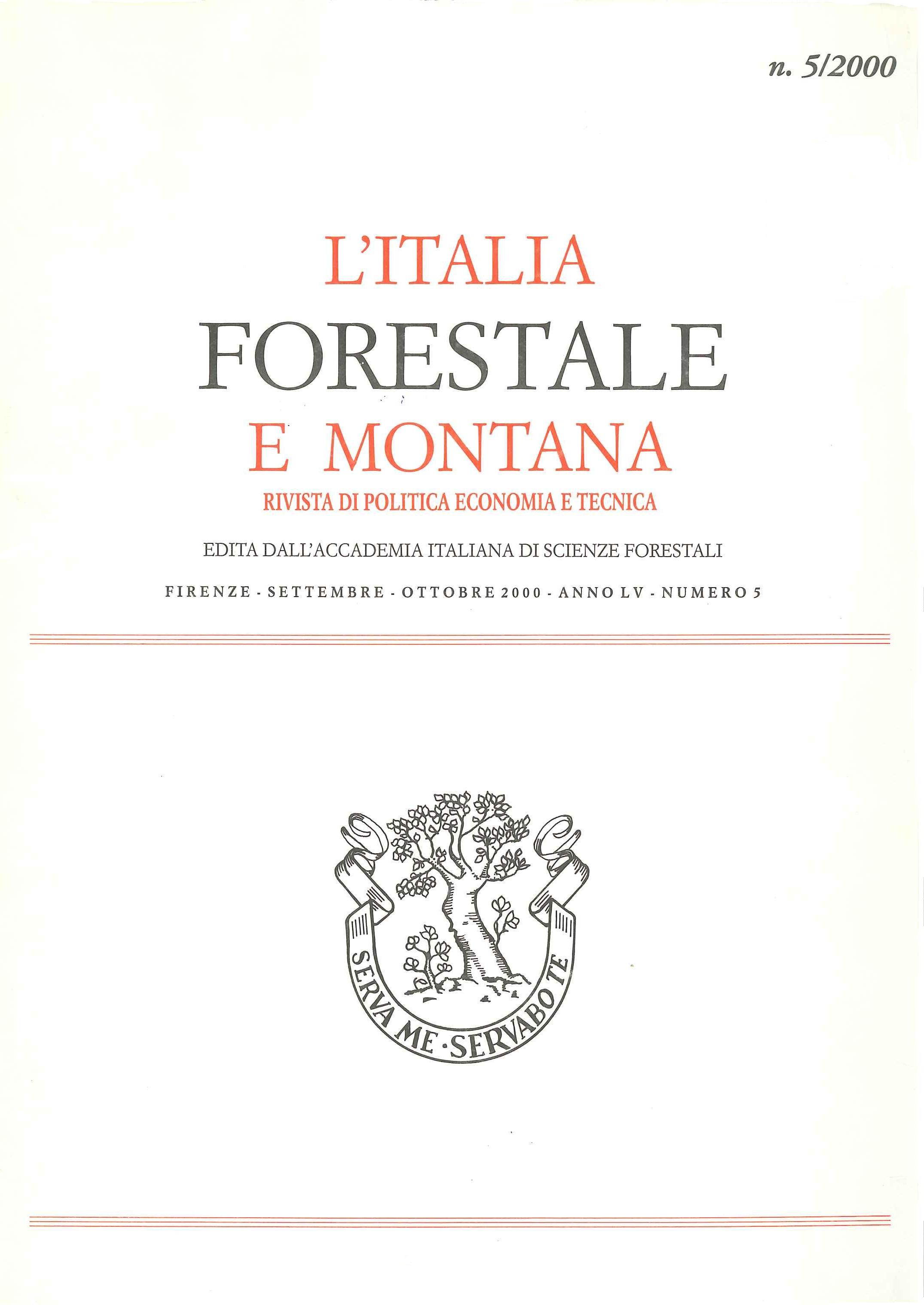Sustainable forest management and soil organic carbon in the Mediterranean environment: a case-study in the National Park of Calabria
Published 2013-06-19
Copyright (c) 2013 Italian Journal of Forest and Mountain Environments

This work is licensed under a Creative Commons Attribution-NonCommercial 4.0 International License.
Abstract
The world-wide increase of the atmospheric concentration of carbon dioxide is one of the most indisputable evidence of a globally changing environment. In fact, the composition of the atmosphere has been changing rapidly during the 20th century with a speed that is even increasing, in the last decade. Although the impact of carbon dioxide and the other greenhouse gases over the global climate and indirectly on plants is being progressively elucidated, these gases have also a direct effect on trees and forest ecosystems. This could affect the productivity of forests but, also, may influence the future ability of terrestrial ecosystems to absorb carbon and other greenhouse compounds, therefore increasing or reducing the mitigation potential of forests over global change. Most of the carbon stocked in forest is stored in the soil compartment where the residence time can be as high as centuries or even thousand years. In this research we have quantified the organic carbon stored in the soil of contrasting ecosystems of the National Park of Calabria, in Southern Italy; the vegetation cover of these ecosystems spans from grassland to a pine forest and a beech tree stand. Within the forest ecosystems contrasting management trypes have also been considered: a young, planted pine stand vs. a mature pine forest and a coppiced beech forest vs. a beech high-stand.

